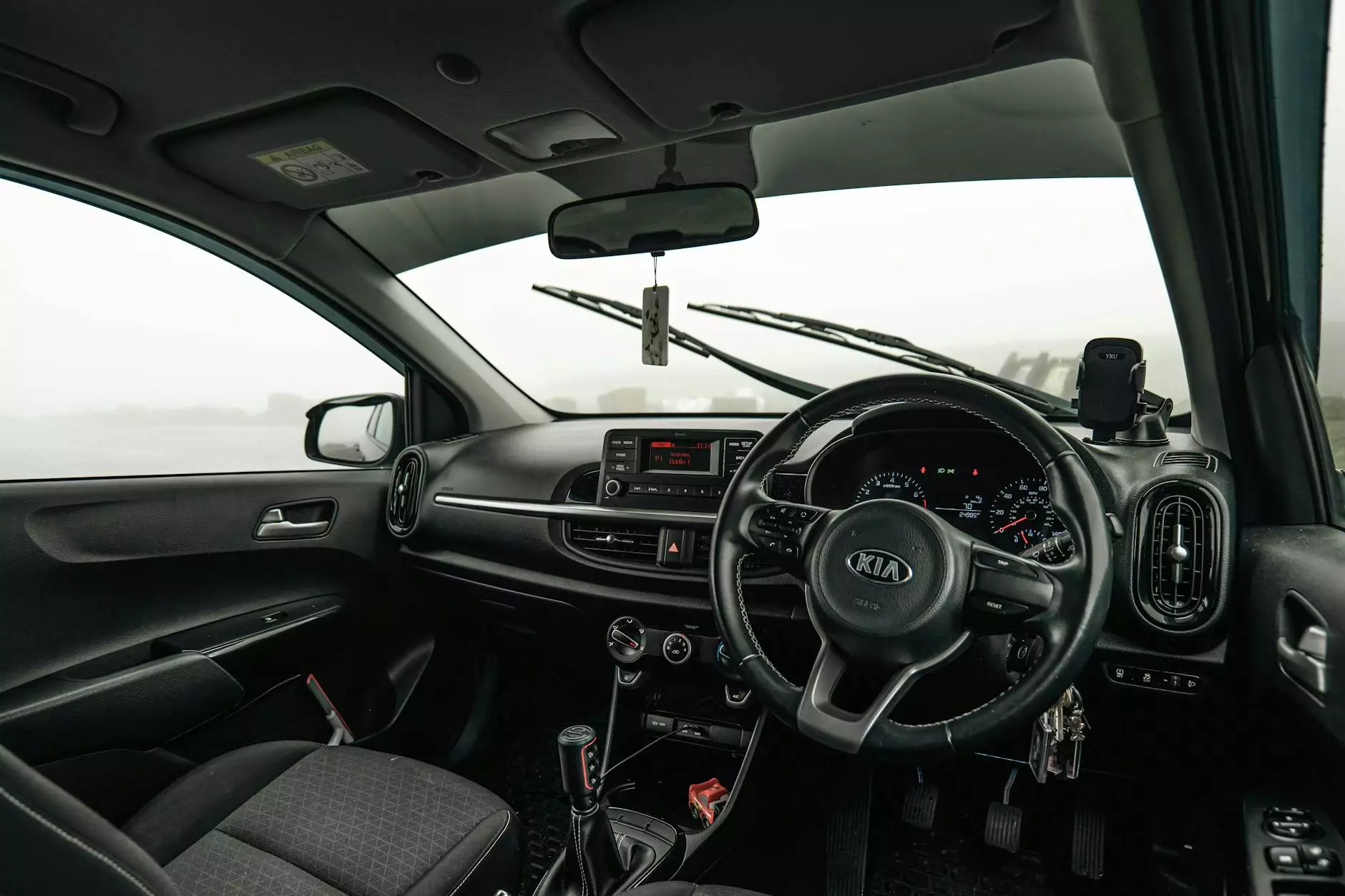The Ultimate Guide to Jeep Wheels and Tires

When it comes to enhancing your Jeep’s performance and aesthetics, the choice of jeep wheels and tires is paramount. Whether you’re hitting the trails or cruising on the highway, selecting the right wheels and tires plays a crucial role in your vehicle's overall functionality. In this guide, we will delve deep into the world of Jeep wheels and tires, providing you with meticulous details to help you make informed decisions.
Understanding Jeep Wheels
Jeep wheels are not just functional components of your vehicle; they also contribute significantly to your Jeep’s overall look and feel. Let’s explore the different aspects of Jeep wheels:
Types of Jeep Wheels
- Steel Wheels: More durable and often more affordable, making them great for off-roading.
- Aluminum Wheels: Lighter and provide better heat dissipation, enhancing performance on highways.
- Custom Wheels: These wheels are designed for specific performance needs and stylistic preferences.
Why Wheel Size Matters
Choosing the right wheel size is crucial for both aesthetic appeal and performance. Larger wheels can enhance the look of your Jeep while providing better ground clearance, but they can also affect fuel efficiency and ride quality. Conversely, smaller wheels typically provide a smoother ride but may limit off-road capabilities. It's vital to find a balance that suits your driving style.
The Importance of Tires
No matter how stunning your wheels may be, without the right tires, your Jeep's performance can suffer. Let's break down the types of Jeep tires available:
Types of Jeep Tires
- All-Terrain Tires: Versatile and designed for both on-road and off-road use. Ideal for casual Jeep enthusiasts.
- Mud-Terrain Tires: Optimized for off-road use, these tires offer superior traction in muddy and rough terrains.
- Highway Tires: Best for smooth, paved roads, offering quiet rides and excellent fuel efficiency.
Choosing the Right Tire Size
The size of your tires can dramatically impact your Jeep's handling and performance. When selecting tires, consider the following:
- Width: Wider tires can improve traction but may negatively affect fuel economy.
- Aspect Ratio: This refers to the height of the tire compared to its width. A lower aspect ratio typically provides better handling.
- Diameter: The diameter of the tire affects your Jeep's ground clearance and overall ride height.
How to Choose the Right Jeep Wheels and Tires
Selecting the right jeep wheels and tires requires careful consideration of multiple factors, including your driving habits, the primary terrain you’ll encounter, and your aesthetic preferences. Here are some steps to guide you through the selection process:
Assess Your Driving Needs
Are you primarily an off-roader, or do you mainly use your Jeep as a daily driver? Understanding your needs will dictate whether you should lean towards performance tires designed for rugged terrain or highway tires that offer comfort.
Check Your Jeep’s Specifications
Consult your vehicle’s owner manual or the manufacturer’s website to find recommended wheel and tire sizes. This will ensure compatibility and avoid potential issues with handling or safety.
Consider Your Budget
The cost can vary significantly between different brands and types of wheels and tires. Set a budget before shopping to narrow down your choices without overspending.
The Benefits of Upgrading Wheels and Tires
Upgrading your Jeep's wheels and tires can have several benefits, including:
- Improved Performance: Better traction, handling, and stability can enhance your driving experience.
- Aesthetic Appeal: Custom wheels can transform the look of your Jeep, making it uniquely yours.
- Increased Versatility: Having multiple sets of tires can allow you to optimize your Jeep for various activities.
Maintaining Your Jeep Wheels and Tires
Proper maintenance is key to maximizing the lifespan and performance of your wheels and tires. Here are some maintenance tips:
Regular Inspections
Check for signs of wear or damage at least once a month. Look for uneven tread wear, cracks in the sidewalls, and other potential issues.
Tire Rotation
To promote even tire wear, rotate your tires every 5,000 to 7,500 miles. This will help extend their lifespan and maintain performance.
Proper Inflation
Keep your tires properly inflated according to manufacturer specifications. Under-inflated tires can lead to reduced fuel efficiency and increased wear.
Conclusion
Choosing the right jeep wheels and tires is an important decision that can affect everything from performance to aesthetics. With the right knowledge and considerations, you can select wheels and tires that enhance your Jeep’s capabilities and style. Remember to maintain them properly for optimal performance and longevity. If you have any questions or need recommendations, don’t hesitate to consult experts or visit our website at offroad-zone.com.









